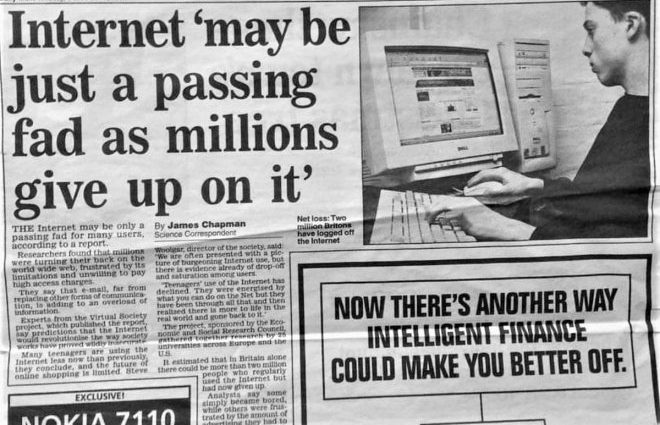A lot of articles and even books have been written about the dangers and benefits of the Internet in general and social networks in particular. Many see the transition to the “virtual side” as an unequivocal evil and a threat to real life and the warmth of live human communication. However, for some people, the Internet remains the only way to maintain at least some social contacts.
The Internet has opened up (and reshaped) communication for even the most shy of us. Some psychologists recommend online dating as the safest and least anxiety-provoking way to build social connections. And indeed, hiding behind a pseudonym, we seem to get more freedom, behave more relaxedly, flirt, get acquainted and even swear with our same virtual interlocutors.
Moreover, such a safe way of interacting with others is often the only acceptable way for people with social phobia. Social anxiety disorder is expressed as a persistent fear of one or more social situations in which a person is exposed to strangers or possible control by others.
Professor of Boston University, psychologist Stefan G. Hofmann writes: “The use of Facebook (an extremist organization banned in Russia) is motivated by two basic needs: the need for belonging and the need for self-presentation. The first is due to demographic and cultural factors, while neuroticism, narcissism, shyness, low self-esteem and self-esteem contribute to the need for self-presentation.
The problem comes when we stop living real life because we spend too much time on social media.
Professor Hofmann is in charge of the Psychotherapy and Emotion Research Laboratory. For him, the power of the Internet is also a convenient tool for working with patients with social anxiety and other mental disorders, most of whom do not receive treatment at all.
The Internet has a number of advantages over real communication. The main thing is that in an online dialogue the opponent does not see facial expressions, cannot assess the appearance and timbre of the interlocutor. And if a self-confident, open to dialogue person can call it rather the disadvantages of Internet communication, then for someone who suffers from social phobia, this can be a salvation and allow them to establish contact with others.
However, Hofmann also recalls the danger of replacing real life with virtual life: “Social networks provide us with the necessary social connections that we all need. The problem comes when we stop living real life because we spend too much time on social media.”
But is it really a serious danger? Despite all the savings in resources (time, physical strength), we normally still prefer human communication: we go to visit, meet in a cafe, and even remote work, which is gaining popularity, is definitely not suitable for everyone.
“We are evolutionarily programmed to be with someone in real life,” explains Hofmann. — The smell of another person, eye contact, facial expressions, gestures — this is not recreated in the virtual space. This is what allows us to understand the emotions of another and feel closeness.”










